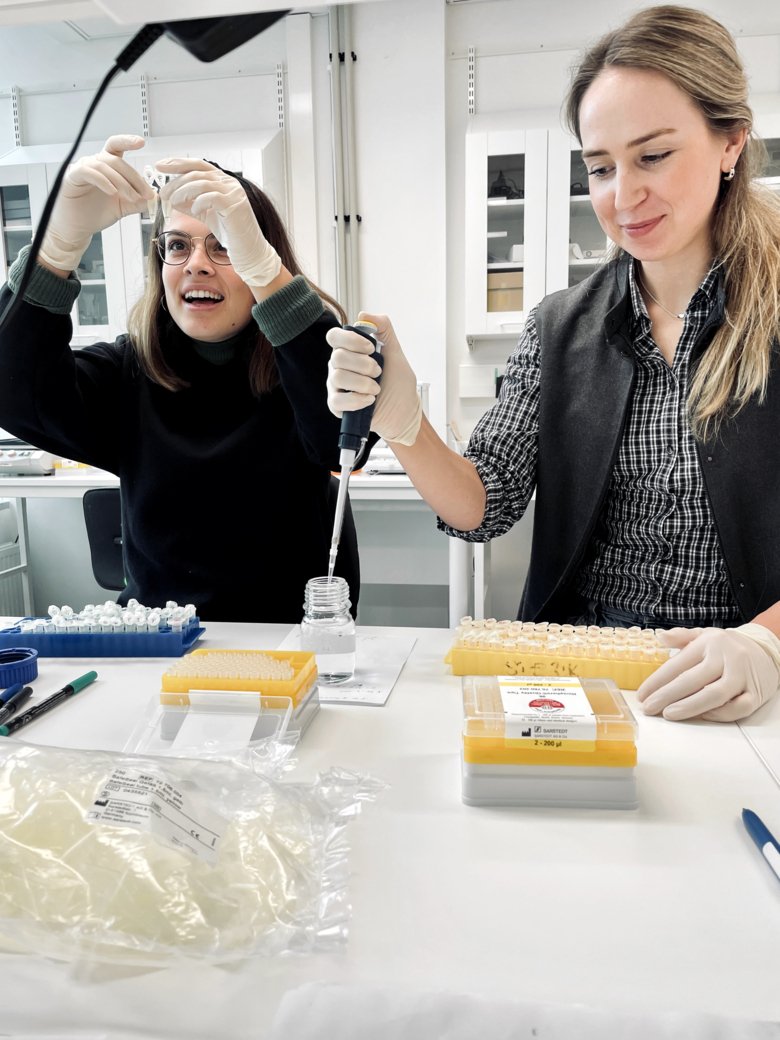A variety of different tumors can arise in the eye, in the eyelids and in the orbit. Some of these are benign, while others are malignant and very aggressive.
Uveal melanoma is the most common primary intraocular tumor in adults. Almost half of all patients develop metastases even if the eye has been removed. This is believed to be due to so-called micrometastases that leave the primary tumor very early. These micrometastases can remain dormant in their metastatic niche, including the bone marrow and liver, for several years. Once they leave dormancy and start growing, the patient’s prognosis is poor. Uveal melanoma is thereby a cancer disease with unpredictable, high mortality and limited treatment options. We would like to help remedy this. To this aim, we extend current knowledge in the field with clinical and preclinical research. We also develop prognostic test with high accuracy and conduct clinical trials with the aim to prevent the development of metastases.
The most common tumor in children is Retinoblastoma. In national and international collaboration, we research genetic aspects of the disease and evaluate the results of novel treatment regimens.

